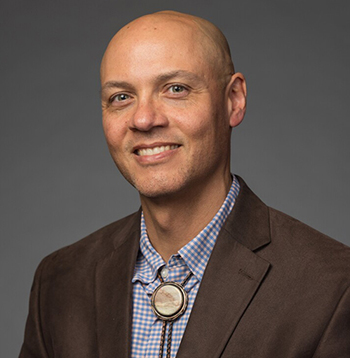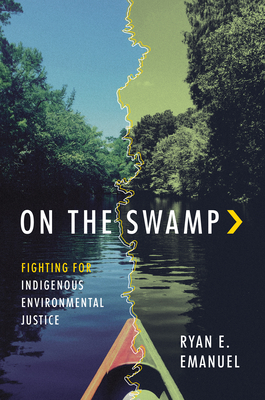On the Swamp: Fighting for Indigenous Environmental Justice
Ryan Emanuel, PhD
Associate Professor of Hydrology
Nicholas School of the Environment
Duke University
See lecture recording
Wednesday, November 13, 12:00-1:00pm
Great Hall, Trent Semans Center
Lunch at 12:00pm • Lecture at 12:10pm
Scientists sometimes think about their research as supporting efforts to promote justice, including environmental justice, which the US Environmental Protection Agency defines as the fair treatment and meaningful involvement of all people in environmental decision-making. This framing is often true and can yield impactful science, but scientists can also benefit from flipping their perspective to consider how concepts and principles of environmental justice might sharpen our work as researchers. Using examples from his 2024 book, On the Swamp: Fighting for Indigenous Environmental Justice, Emanuel reflects on how his work has not only supported efforts to promote environmental justice but has also been transformed by the principles of environmental justice. On the Swamp is a comprehensive look at the history of colonial exploitation, extractivism, and environmental degradation in eastern North Carolina from the perspective of Indigenous peoples who have lived there since time immemorial. The book also looks to a future that is both challenging and hopeful for Indigenous peoples.
Ryan Emanuel, PhD is an associate professor of hydrology in Duke’s Nicholas School of the Environment and an enrolled member of the Lumbee Tribe of North Carolina. He studies the movement and status of water in the environment, and he is also interested in water’s historical and cultural significance to Indigenous peoples. His research group partners with Indigenous communities to identify and address environmental and cultural threats to their homelands that stem from pollution, climate change, and unsustainable development. Emanuel was formerly a faculty member in the College of Natural Resources at North Carolina State University and was a 2020-2021 Fellow at the National Humanities Center.
